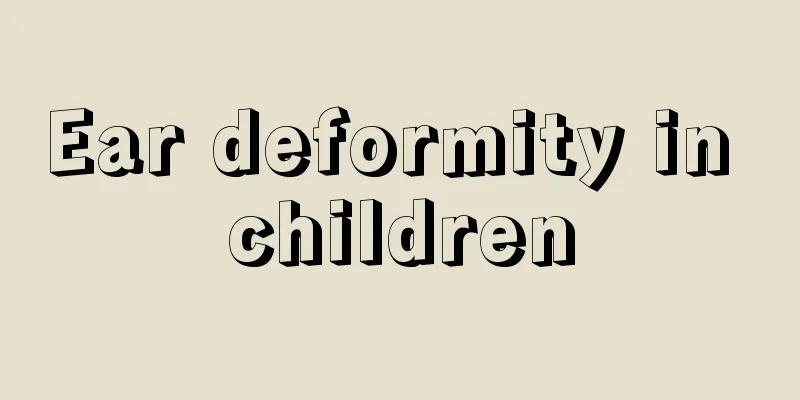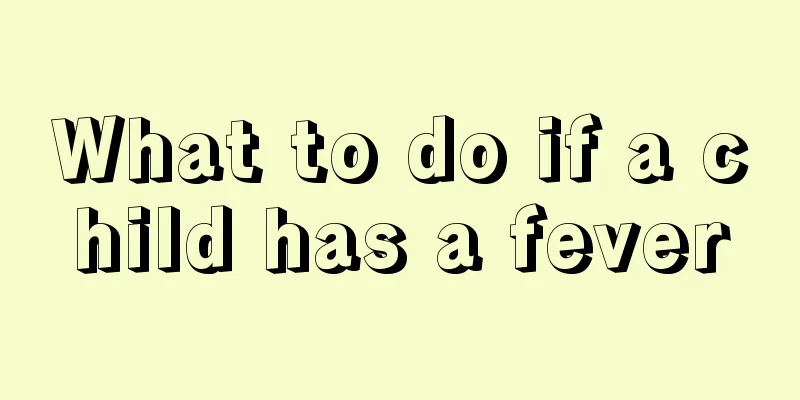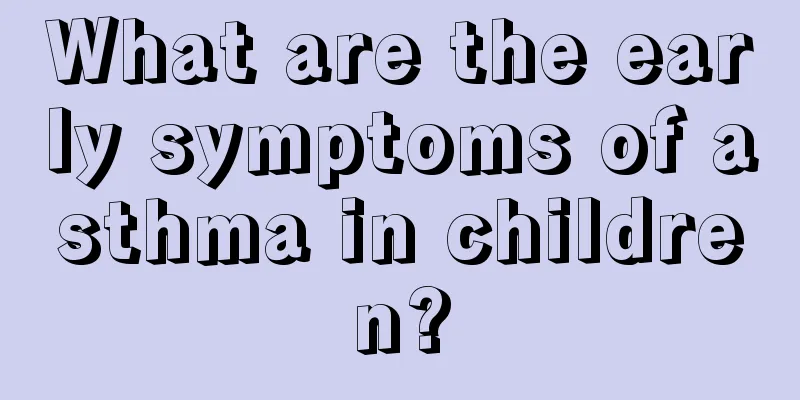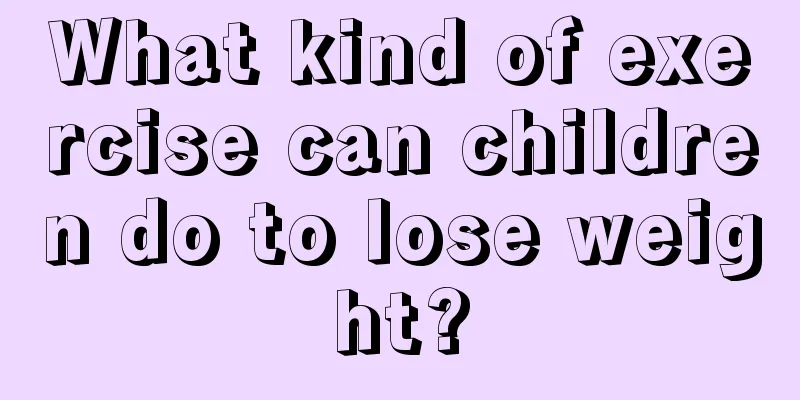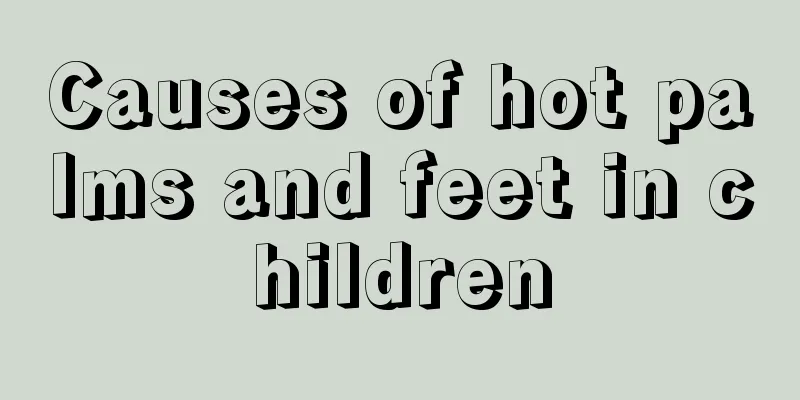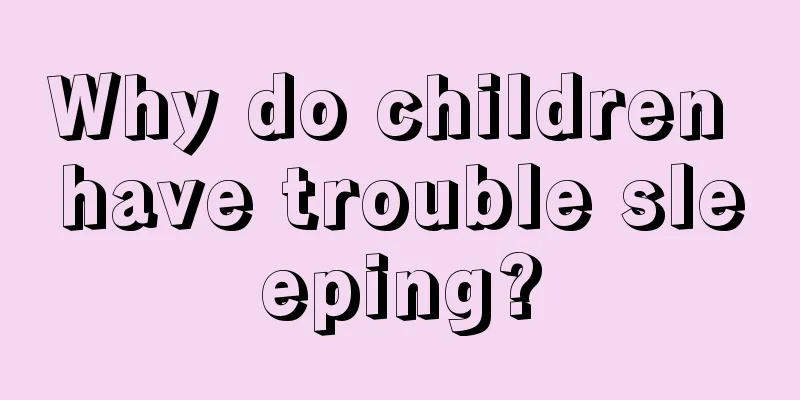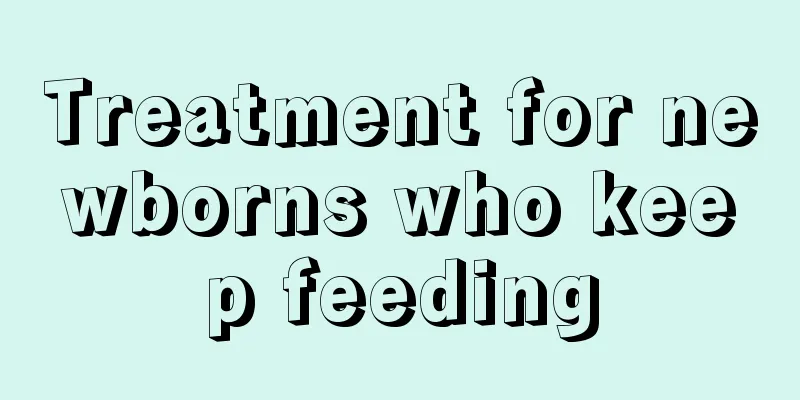What are the best treatments for acute laryngitis in children?
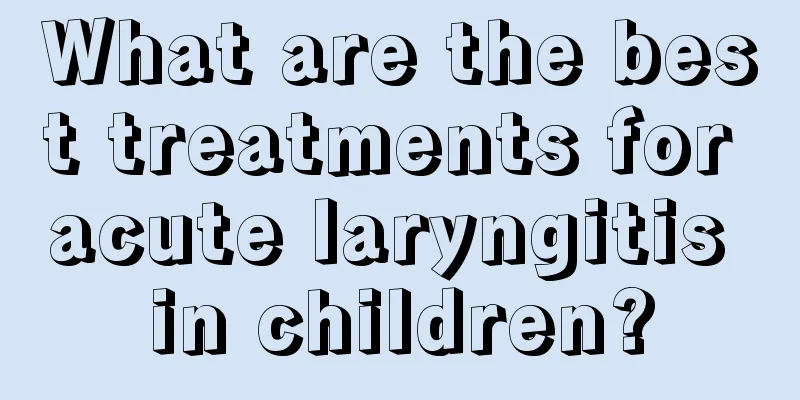
|
Many people think that acute laryngitis will not occur in children, and only adults will encounter this situation; in fact, this is not the case. Nowadays, many children also suffer from acute laryngitis, but most of them do not consider this aspect, which aggravates the condition and even leads to dangerous situations. In daily life, adults should pay attention to some abnormal phenomena of children, identify them in time, and help solve them as soon as possible. So, what are the symptoms of acute laryngitis in children? What are the best treatments? In many cases, children suffer from acute laryngitis due to bacterial and viral infections. The initial symptoms are somewhat similar to those of a cold, often manifested by cough and fever. However, when the inflammation spreads and invades the larynx, and the child's airway and laryngeal cavity are relatively narrow, once the mucosa and submucosal tissue swell due to inflammation, glottic stenosis and even laryngeal spasm may occur. The onset is acute, with symptoms such as fever, hoarseness, and cough. At first, hoarseness is not serious, and there is wheezing when crying. Then the inflammation invades the subglottic area, and the coughing sound becomes "empty" and "empty", and the night talk symptoms worsen. Patients with more severe conditions may experience inspiratory laryngeal stridor, dyspnea during inspiration, inward movement of the suprasternal fossa, supraclavicular fossa, intercostal space and upper abdominal soft tissues during inspiration, and other symptoms of laryngeal obstruction. Severely ill children have cyanosis or paleness around the mouth and nose, cyanosis of the fingers and toes, and varying degrees of irritability and sweating. If not treated promptly, the patient may become pale, have weak breathing, circulation, respiratory failure, coma, convulsions, and even death. The key to the treatment of acute laryngitis is to relieve laryngeal obstruction as soon as possible, use effective and sufficient antibiotics to control infection as early as possible, give glucocorticoids to promote the disappearance of laryngeal edema, strengthen oxygenation, antispasmodics, expectorant and other treatments, and closely observe the child's breathing. By reading the above, everyone knows the reasons why children may suffer from acute laryngitis and the treatment measures that should be taken. Because children do not have the ability to distinguish, when we find this problem, we must not ignore it. We should go to a regular medical institution for diagnosis and treatment in time to minimize the harm of acute laryngitis. |
<<: How to choose toys for two-month-old babies?
>>: How tall is a one year and five month old baby
Recommend
Are children's fever patches effective?
Children have relatively poor immunity, so they a...
Four methods of early education for 2 and a half year old babies
With the improvement of my country's cultural...
What kind of milk powder is better for children?
Many babies need to drink some milk powder after ...
The child suddenly has arm pain
Parents are very worried when their children beco...
What is the disease when the baby has a fever and convulsions?
Before I became a parent, I didn’t know how to ra...
How to deal with baby's scrotal eczema
Scrotal eczema is a common disease. This type of ...
What are the symptoms of mycoplasma infection in children?
After the microorganism Mycoplasma enters the hum...
Symptoms of fecal incontinence in babies
Fecal incontinence is a very common phenomenon. I...
Correct posture for feeding a newborn with a bottle
Most parents let their newborns lie down while th...
What are the dangers of a short tongue in children when they grow up?
Many children have inaccurate pronunciation when ...
What should I do if my one-month-old baby can't sleep well?
Babies are the apple of their parents’ eyes. If a...
What to do if children have tooth decay before their teeth change
Babies usually have no teeth after they are born....
What are the training methods for autistic children?
The probability of children suffering from autism...
What should children check for stomach pain
Although the living environment is getting better...
What should I do if my two-year-old baby has teething pain?
Two-year-old babies are in the period of growing ...
